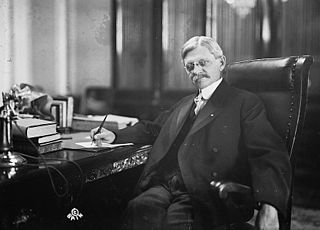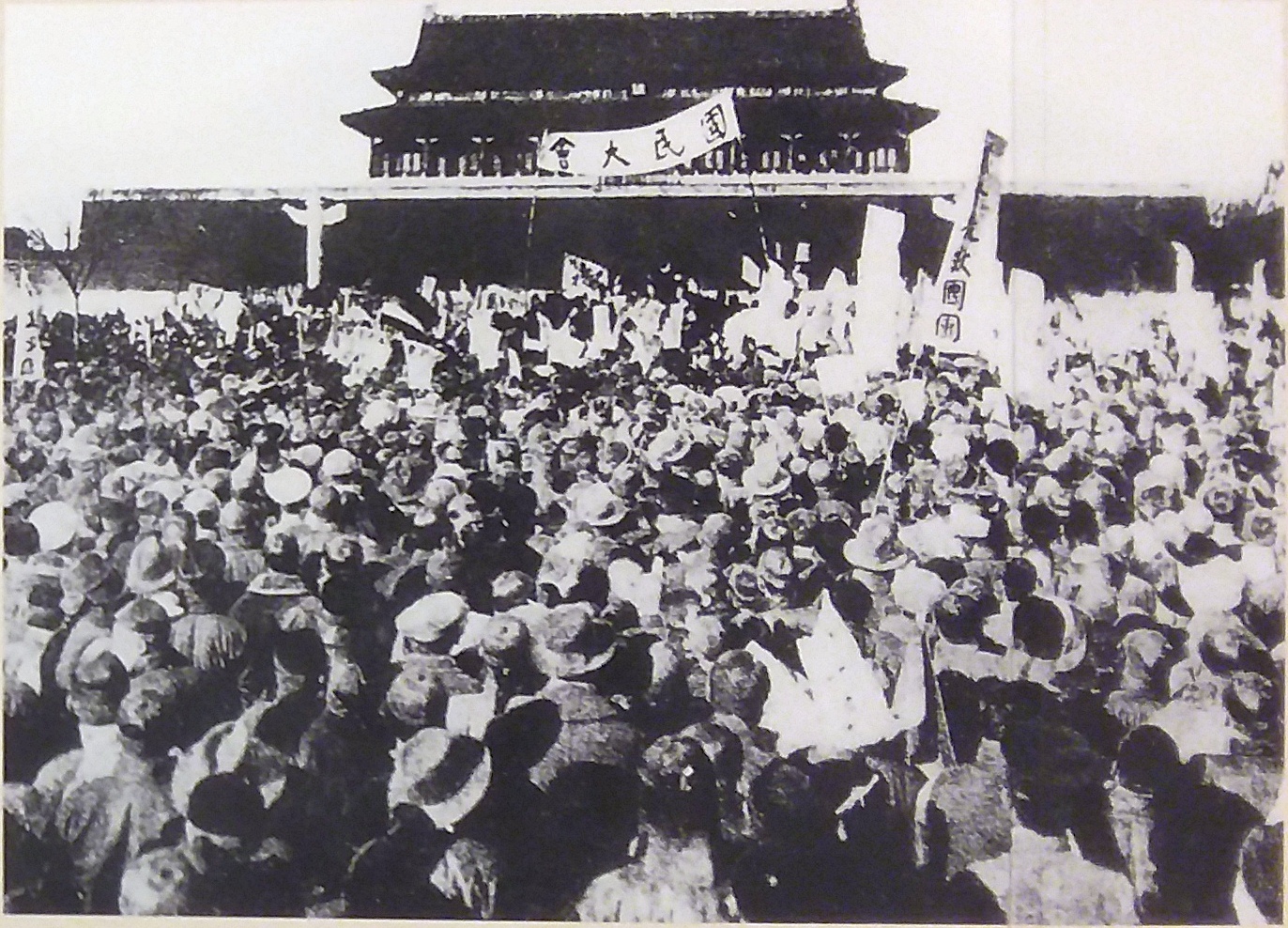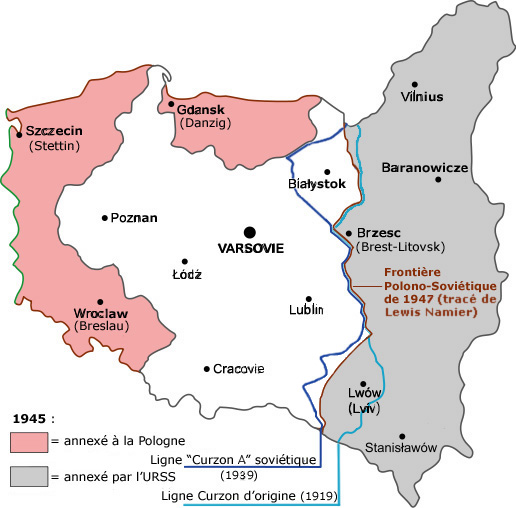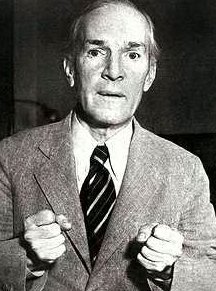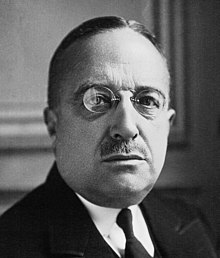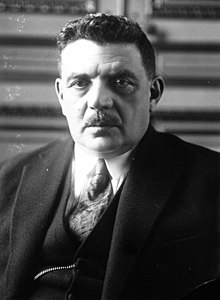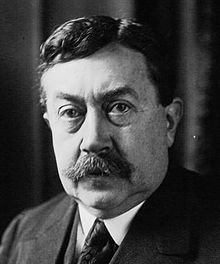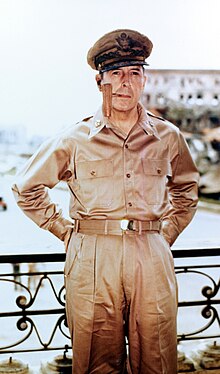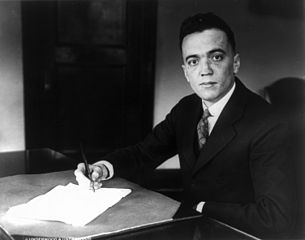I may have not gotten a very detailed international background, but I have already an outline of the plot that should span
Huey Long's first term as President of the United States.
But let's take a look first at the
election of 1936.
We are nearing the end of Alfred Smith's first and potentially only term as POTUS. I'm taking that
Smith's New Deal would be well more timorous and conservative than FDR's OTL one, basing on Smith criticism of FDR and FDR's own caution as the first significant left turn he led was in reaction to Long's increasing appeal, and in the end, this
TTL New Deal wouldn't be much different from whatever reforms and programs Hoover was bringing about.
The result would be
an utter disappointment with Democrats after the elections of 1930 and 1932.
The first sign of that would be the gains of Long's allies in the Congress, though not a formal party, more a loose coalition of left to far left interests such Socialists, Farmer Labor and Progressives along Long Democrats.
To take the full measure of my take on that period, I'd be probably drawing lot of
inspiration from what took place recently in France with François Hollande's election and the PS electoral disaster of 2017 to have a
model or a reference to think of the Americans' disappointment over Al Smith policies, since that's for me the most relevant element of comparison I personally have and that I could try to
transpose to the early 1930s US.
So we arrive in 1936.
Speaking of Republicans, I've not yet chosen who would be their candidate, but I have some leads.
There is of course
Alf Landon. But given the context, the liberal way being already under trial with Smith in the White House and nearly discredited, I thought odds wouldn't be as much as favorable to Landon as they were IOTL, escpecially if considering the presidency is up for grab, more big weight could throw their hat in the ring.
Given his TTL performance in 1932 that was not that bad with 167 EVs and only 4.5 points behind Smith,
former President Hoover could try his luck, but I can't decide whether or not he still has enough influence and control on the party machine to capture nomination as he did in 1932.
A last possibility in my mind would be
Arthur Vandenberg of Michigan but I'm not even sure he would be reelected to the
US Senate in 1934 with a stronger third party presence.
That's just to say the
race is open on the Republican side, but that for the outline, I'd use a generic Republican for my first calculations of the 1936 election.
On Democrats' side, since
Long's objective would be first to take over the Democratic party and try capturing the nomination, a feat he could think
possible with the high levels of impopularity of Smith, there would be first a challenge, but eventually, the
obstinate opposition of the establishment with Smith liberals and Garner conservatives would still block the way forward. That would
end like in 1932 wth an independent run and maybe even a walkout.
Then, we get to chose the
running mate of Long.
Olson being dead of cancer, I could have chosen
another Minnesotan to go on the ticket and secure the Plains for Long, but instead I would settle for giving Farmer-Labor and Progressives
cabinet positions. The logic for Long would be seeking to
broaden his geographical base and
seek a wider appeal within the electoral vote rich Rust Belt, but mine is because the people I'm thinking of is perfectly filling into the frame and the overal direction of the TL:
Smedley Butler.
Being from
Pennsylvania, a
highly decorated war hero and
high ranked officer, he has the potential to carry much electoral weight, and I think his political positions on foreign and domestic policies, both marked by
far left ideals and anti imperialism, would be much
coherent and in line with Long's.
All the ingredients are here for a
Long landslide. So let's say it happens.
We get Long elected POTUS.
Now, he would likely be facing a
divided congress where
his partisans would be at best a strong minority but nothing more, as they
don't have a proper and united party structure, also owing to the choice of Long hoping to take over the Democratic party. However, neither Republicans nor Democrats would have a majority on their own, only together, which would happen to be but to exist as an opposition to Long and obstruct his agenda.
This would give way to an
incredible partisan political battle during the first part of Long's term, possibly beginning even with the filling of cabinet positions. I would expect
little in way of actual legislation to be passed because of this obstruction of Long's agenda.
In a feature coherent with Long's persona, I nevertheless believe that Long would happen to make a
very extensive use of the presidency's executive powers to advance what he can of his agenda this way, and would also
significantly impact foreign policy.
Due to the
obstructionist Republican-Democratic coalition and the
impossibility to reconciliate with the Democratic establishment, Long and his allies would be eventually compelled to do what they didn't for years,
creating a formal third party, united instead of being the loose coalition of interests it is, so it can stand in 1938 midterms to win a workable majority for Long agenda.
That is the context for a
coup plot, for as the title of this update shows:
A Very American Coup.
I intend to build the intrigue of a plot, based off the
Business Plot.
I can't say if that alledged conspiracy was actual, but it provides a good starting point for the intrigue and a base to establish imagining that as not much an unrealistic thought.
I've not yet decided when in Long's first term (since there would be others), that coup attempt would take place, before or after the midterms elections, as much of that intrigue will depend on the balance of forces within the congress.
The idea is to have first the Republican-Democratic coalition
impeaching Long on some ground I have no doubt they would find due to Long's authoritarian habits (abuse of power may not be an uncommon or even untrue accusation), but the
Senate trial fails to convict him due to the Long supporter's minority plus Long coercing practices preventing the required 2/3 majority, in a way
not unlike Johnson's acquittal in 1868.
Thus,
failing to remove Long by legal means, you would find
some people in the political, military and business establishment conspiring to launch a military coup (not all the establishment of course, just a few very angry people).
I didn't have to look for long before finding a coup leader as I think General
Douglas MacArthur would be naturally inclined by his political positions to be part of the plot.
I can also speak of
J. Edgar Hoover, who I don't doubt would have still risen through the ranks of BOI then FBI but not yet to the levels he reached during and after WWII in terms of domestic intelligence. That's to say he would not then be as threatening as he would be later IOTL. Actually, though I don't doubt Long had many skeletons in his closet, but neither IRS nor FBI launched by FDR against him were able to dig up any meaningful dirt. Also, my understanding of JE Hoover's persona let me think that he would more than abhor Huey Long's radicalism, especially left wing. If not actively involved in the plot, he could cover the plot organization by looking elsewhere.
The plan is simply to
arrest both the president, the vice president ,and possibly their cabinet, and to give some appearance of legality,
make either House Speaker or Senate President Pro Tempore acting president. That later part implies some level of colusion between high level Congressmen and the military leaders of the coup.
The most important factor is the succession.
The problem is that with the succession as it stood in 1930s, still followed the
Succession Act of 1886, the House Speaker and President Pro Tempore have been removed from the order of succession, while they were in the original 1792 act and would only be reinstated in 1947 IOTL. That could give way to a political battle since Long could well oppose this out of distrust with the opposition controlled Congress. Still, that
reinstatement by veto override could happen during the impeachment proceedings,
put forward as a necessity to remove Long's peoples from power.
The
outcome of the coup as I see it is failure, and that's also why I wanted to bring into the figure of Smedley Butler.
In a first time, MacArthur and units under his command would blockade Washington DC and move to arrest Long, Butler, and possibly the cabinet members, which they would do.
Then, the undoing of the coup would be that, in some heavily dramatic scene, Vice President Butler, a
well respected figure in the military and a highly decorated war hero would some way
convince the unit come after him to switch side and stand against the coup, then
convince the other units to follow suit and free Long and other government officials, before arresting those of the coup leaders who wouldn't have fled.
The political fallout would be enormous.
The
army would be purged. Also,
many high ranking members of the Congress and of Republican and Democratic parties would be arrested or have to flee due to
their connection to the coup attempt. That would matter only a few people, but that would potentially
decapitate political opposition to Long for a while,
disorientating Republicans and Democrats in Congress without really destroying them.
I wouldn't say that will cause Long to go further on the path to a 'dictatorship', but
that will enable him to finally push his agenda through a neutered Congress and allow his new party, that it be in 1938 or 1940, to make
landslide wins in the next Congressional elections, not to speak of the electoral
landslide in the presidential election of 1940. But I think that
Long would be compelled to moderation in the retribution by the more moderate elements of his new party that would be still essentially be a big tent party, and also by the need not to alienate permanently the whole Congress and the remaining Republican and Democratic establishments,
to avoid further outcry and risks of civil war if ever some zealous governor or other military leaders wanted to start an uprising.
On the conclusion, as
Butler would still probably die of cancer in 1940, you would have quite emotion filled national funerals for him.
I hope you'll find this scenario of coup attempt realistic.
